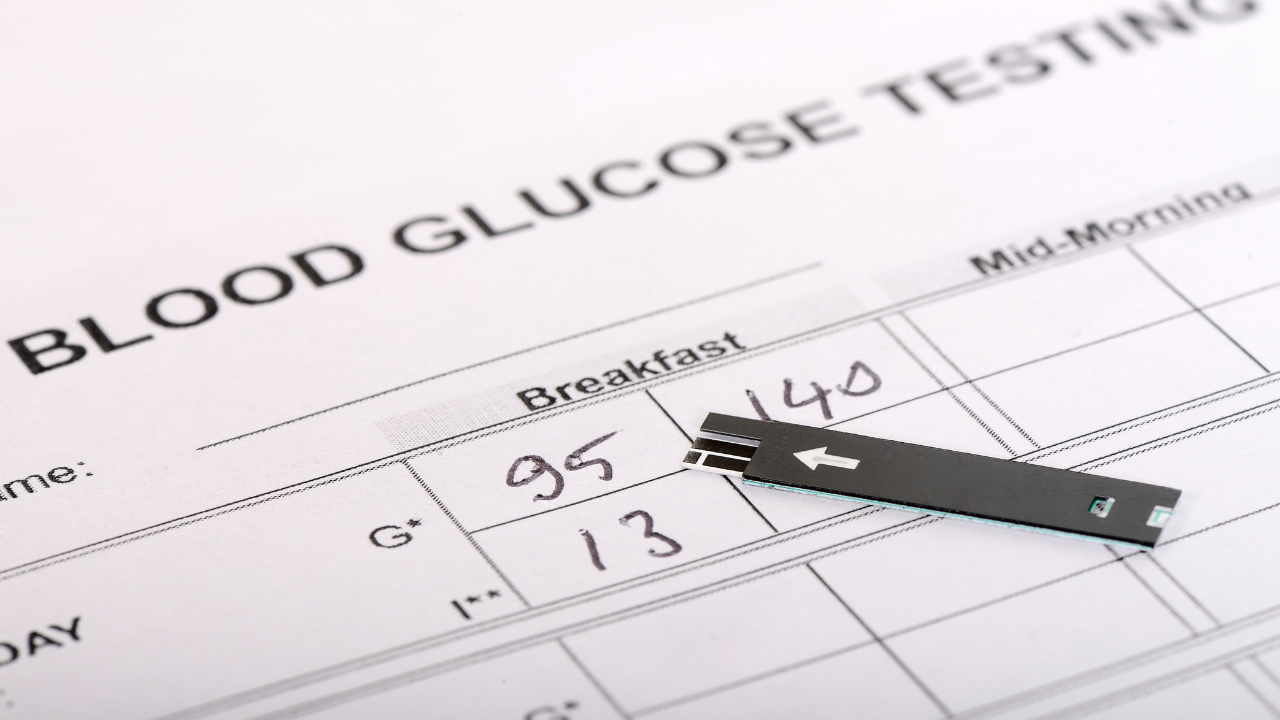|
Let's discuss an important milestone in your prenatal care, and one that you've likely been thinking of....the glucose tolerance test..
This test is typically scheduled between the 24th and 28th weeks of pregnancy, and it’s designed to check how your body processes sugar, helping to identify gestational diabetes. Why is the glucose test important? Gestational diabetes is a temporary type of diabetes that can develop during pregnancy. While it usually disappears after birth, it does increase your risk of developing type 2 diabetes later in life. Early detection through the glucose tolerance test allows for management of blood sugar levels through diet, exercise, and sometimes medication. What to expect during the test You will be asked to drink a very sweet drink containing 50g of glucose. An hour later, your provider will draw your blood. This will tell them how well effectively your body is managing the glucose. What happens if I don't pass the test? If you fail the first test, it doesn't automatically mean you have gestational diabetes. Instead you will be invited back on another day to do a three hour test. You will consume a 100g glucose drink and then your blood will be tested several times over a three hour period. If you do not pass that test, then you will be diagnosed with gestational diabetes. Should this be the case, ask to be referred to a nutritionist so you can get some education on your diet going forward. A book that many people find helpful is Real Food for Gestational Diabetes by Lily Nichols. Are there alternatives to the glucose drink? Some people don't want to drink the drink provided at the test because they don't want to consume something synthetic or with that much glucose. They may have had it in a previous pregnancy and been nauseated by it. If that's the case for you, talk to your provider about it. Some will let you eat jellybeans instead. (I know, they're not exactly healthy but what sugary thing is?). If that's the case, 29 jellybeans = 50g of glucose drink. Not all providers are on board with this alternative but many are so have a chat with yours about it. Feeling anxious? It’s completely normal to feel a bit anxious about medical tests. Remember, this test is a routine part of ensuring both your health and your baby’s health are monitored closely.
0 Comments
Leave a Reply. |
AuthorEmma is a childbirth educator, prenatal birth and postpartum massage therapist, doula and overall pregnancy and childbirth junkie living and working in Seattle WA. She's British too which is where the tea bit come from. In England, if you want to have a chat with your friend about anything really, someone puts the kettle on for a nice cup of tea. It doesn't matter what the topic is, a nice cup of tea relaxes everyone, makes the conversation flow easier and generally makes everyone feel good. So you're invited to brew a cup of your favorite herbal tea, pull up a chair around Emma's kitchen table and let's have a good chat, (or chinwag as we say in the UK), about birthy stuff. Archives
April 2024
Categories
All
|

 RSS Feed
RSS Feed